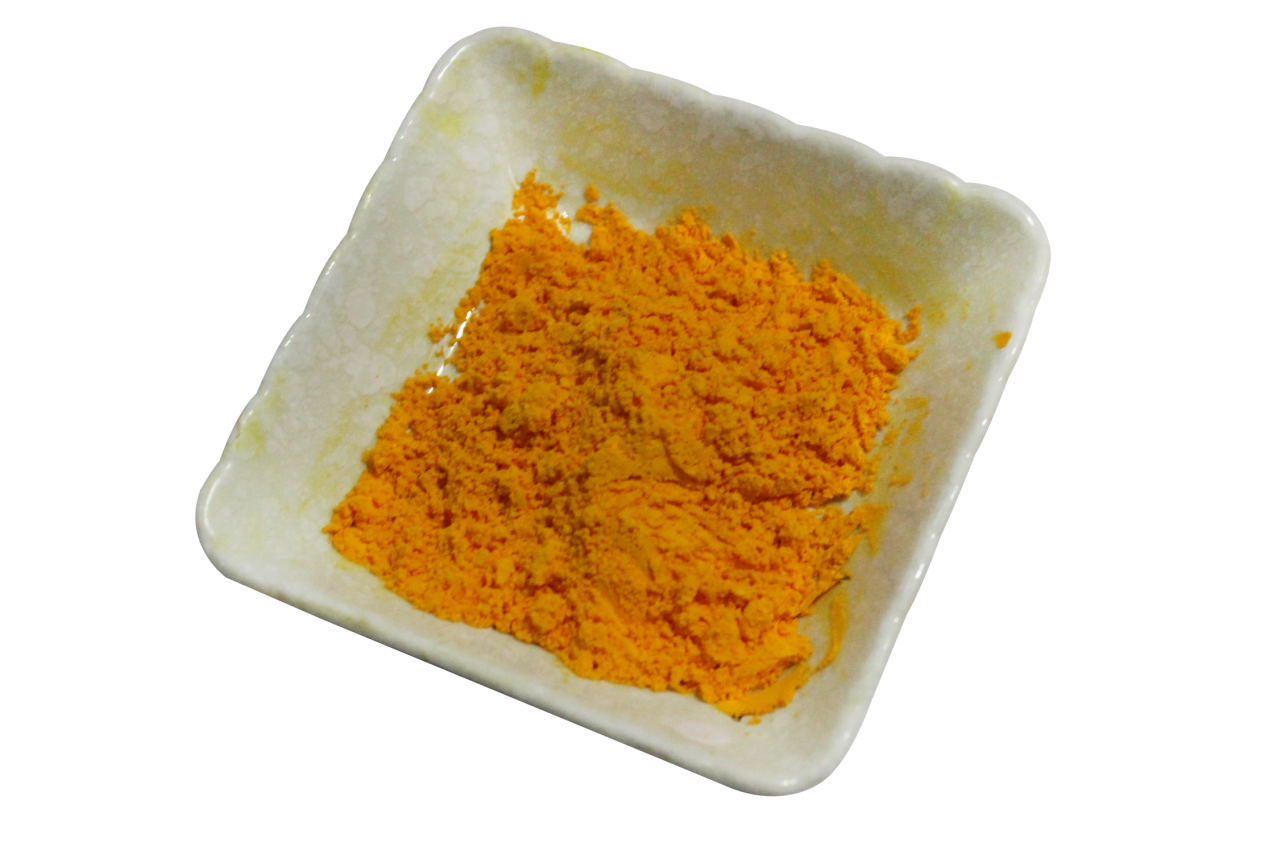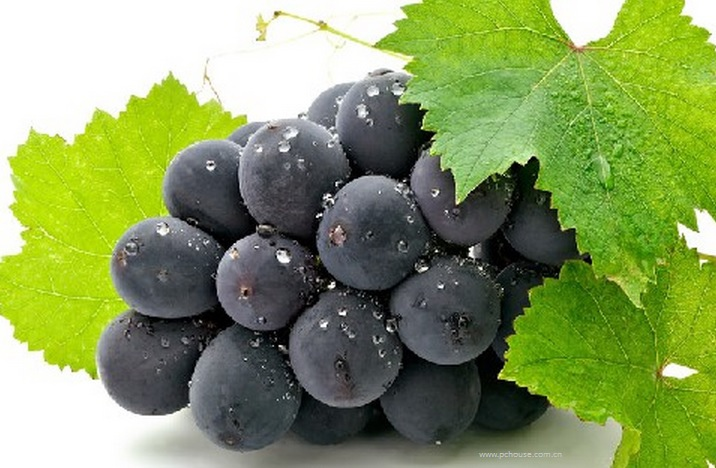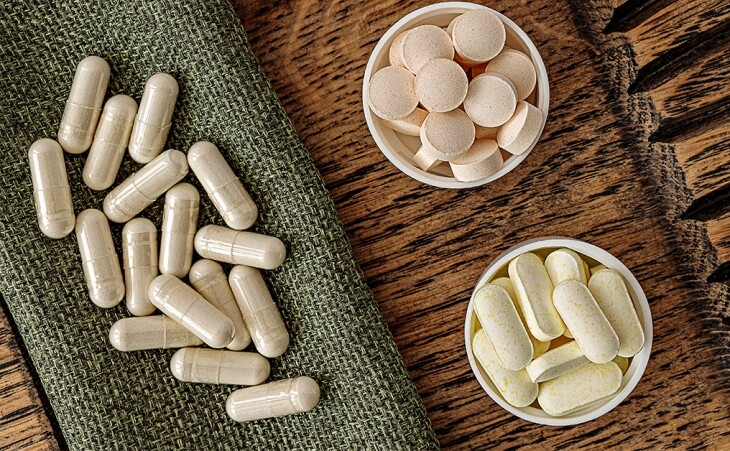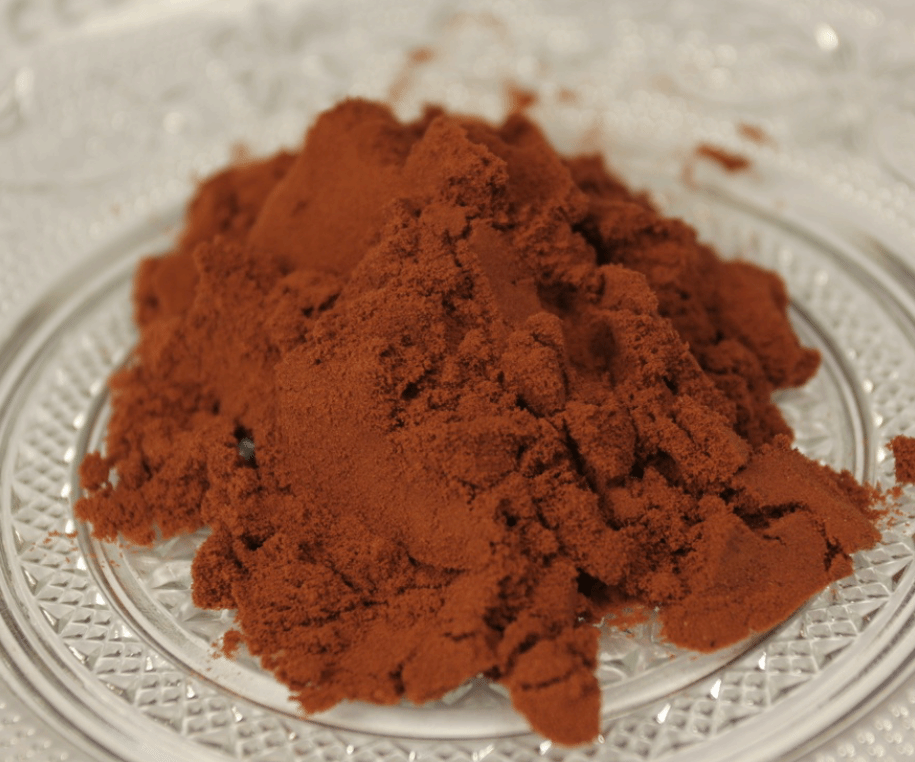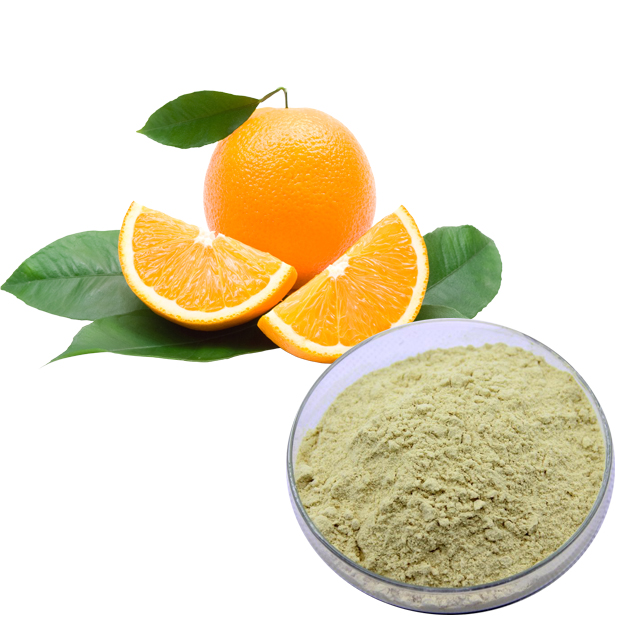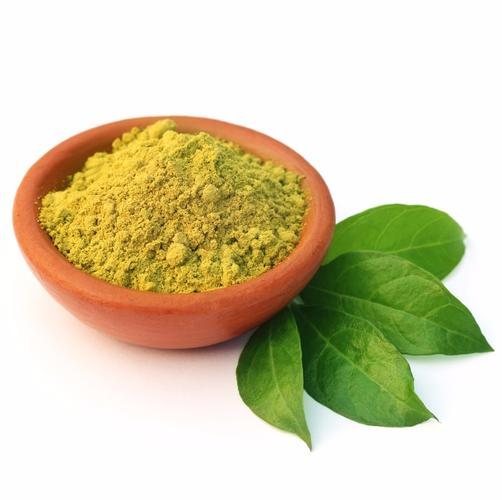"Unlock the Anti-Aging Power of Fisetin: The Superfood for a Longer, Healthier Life"
Fisetin, also known as non-setin or fisetinol, is a naturally occurring flavonoid compound that possesses a wide range of biological activities and health benefits.Fisetin is found abundantly in various fruits and vegetables, including strawberries, apples, grapes, onions, cucumbers, and many others. It is a secondary metabolite produced by plants.
Fisetin appears as a yellow needle-like crystalline solid with a melting point around 330°C (decomposes).It is soluble in organic solvents such as ethanol, acetone, and acetic acid but practically insoluble in water and non-polar solvents like ether, benzene, and petroleum ether.


Fisetin: Nature's Anti-Aging Secret
Fisetin is a polyphenol belonging to the flavonoid family, naturally occurring in various plant-based foods. It's a yellow pigment that gives fruits and vegetables such as strawberries, apples, grapes, onions, and persimmons their vibrant hues. This powerhouse nutrient has garnered significant scientific attention in recent years due to its multitude of health benefits, particularly its promising role in combating the signs and effects of aging.
The allure of fisetin stems from its unique ability to target and eliminate senescent cells – those that have stopped dividing but refuse to die, accumulating with age and contributing to inflammation, tissue dysfunction, and age-related diseases. By promoting the clearance of these problematic cells, fisetin creates an environment conducive to cellular rejuvenation and overall longevity.
Moreover, fisetin boasts potent antioxidant and anti-inflammatory properties, helping to neutralize harmful free radicals and reduce inflammation, two major drivers of the aging process. Its ability to safeguard cells from oxidative stress and inflammation sets it apart as a potential key player in preserving youthful vitality and delaying the onset of age-related illnesses.
Thus, with its combination of senescence-targeting, antioxidant, and anti-inflammatory actions, fisetin emerges as a compelling anti-aging agent, offering hope for healthier aging and an improved quality of life. By introducing readers to fisetin's wonders, we embark on a journey to unlock its anti-aging potential and harness its superfood prowess for a longer, healthier life.
Fisetin and Brain Health: Boosting Cognition and Fighting Neurodegeneration::
When it comes to brain health, fisetin stands out as a promising ally in boosting cognitive function and fighting against neurodegeneration. The link between fisetin and brain health has garnered considerable scientific interest, fueled by studies showcasing its neuroprotective properties.
Firstly, fisetin's potent antioxidant and anti-inflammatory capabilities come into play in safeguarding the delicate balance of the brain. As we age, oxidative stress and inflammation within the brain increase, leading to neuronal damage and dysfunction. By neutralizing harmful free radicals and dampening inflammation, fisetin helps maintain a healthy brain environment, thereby protecting against age-related cognitive decline.
Moreover, fisetin exhibits a unique ability to modulate signaling pathways within the brain that are critical for maintaining neuronal health and promoting cognitive function. Studies suggest that fisetin may enhance communication between neurons, facilitate the formation of new memories, and improve overall cognitive performance.
In the context of neurodegeneration, fisetin's neuroprotective effects are particularly noteworthy. Alzheimer's disease, Parkinson's disease, and other neurodegenerative conditions are characterized by the progressive loss of neuronal function and eventual cell death. Research indicates that fisetin may help slow down or even reverse these processes by targeting specific pathological hallmarks of neurodegeneration, such as the accumulation of amyloid-beta plaques and neurofibrillary tangles associated with Alzheimer's.
Additionally, fisetin has been shown to activate certain protective mechanisms within neurons, enhancing their resilience against damage and promoting their survival. This neuroprotective effect extends beyond the realm of age-related neurodegeneration, making fisetin a potentially valuable therapeutic agent for a broad spectrum of neurological disorders.
In summary, fisetin's neuroprotective and cognitive-enhancing properties position it as a compelling option for promoting brain health and combating neurodegeneration. By supporting neuronal function, enhancing cognitive performance, and protecting against the ravages of age and disease, fisetin offers a promising avenue for maintaining a sharp mind and a vibrant quality of life.
Incorporating Fisetin into Your Diet: Top Food Sources
Incorporating fisetin into your diet is a natural and delicious way to harness its myriad health benefits, including its neuroprotective and anti-aging properties. Here are some top food sources rich in fisetin that you can easily include in your meals:
1.Strawberries: Not only are strawberries a tasty and versatile fruit, but they also top the list of fisetin-rich foods. A single serving of strawberries can provide a significant amount of this powerful polyphenol.
2.Apples: Apples are another excellent source of fisetin, particularly in their skins. Enjoying an apple a day, with or without the skin, can help boost your intake of this health-promoting compound.
3.Grapes: Whether you prefer them fresh, dried, or in the form of wine (in moderation), grapes are a good source of fisetin. Red grapes tend to have higher levels than green grapes.
4.Onions: This pungent vegetable is not only a staple in many cuisines but also a valuable source of fisetin. Both raw and cooked onions contribute to your daily fisetin intake.
5.Persimmons: Persimmons, particularly the more astringent varieties, are packed with fisetin. Their sweet-tart flavor and unique texture make them a delightful addition to salads, desserts, or simply enjoyed on their own.
6.Cucumbers: Though not as rich in fisetin as some of the other foods mentioned, cucumbers still contribute to your overall intake, especially when consumed frequently.
7.Tomatoes: While tomatoes are primarily known for their lycopene content, they also contain a moderate amount of fisetin. Incorporating tomatoes into your diet through salads, sauces, or cooked dishes can help boost your fisetin levels.
Remember, the more variety you have in your diet, the more likely you are to meet your fisetin needs. Incorporating these fisetin-rich foods into your meals not only enhances their nutritional value but also adds flavor and diversity to your culinary adventures. Furthermore, eating a well-balanced diet rich in fruits, vegetables, and other whole foods is always the best approach to maintaining optimal health.
Contact:James Yang
Tel/WhatsApp: +8619992603115
WeChat:19992603115
Email: sales@xabcbiotech.com



